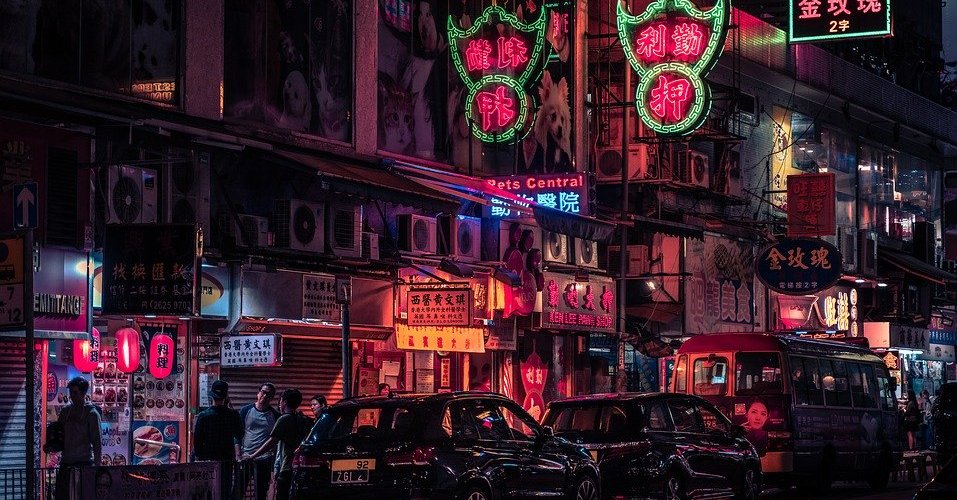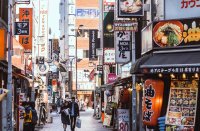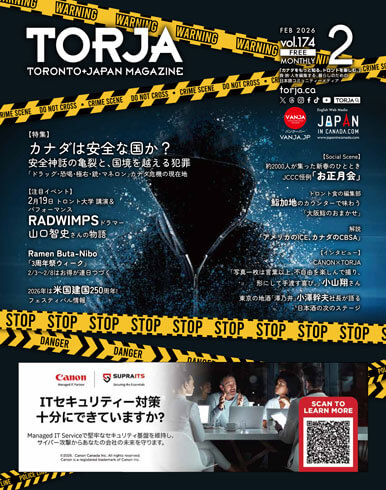There are over a million protestors on the streets of Hong Kong Island, protesting against the extradition bill—a legislative proposal that will allow criminal suspects residing in Hong Kong to be sent to China for trail. Those who oppose the bill believe that, should the bill be passed, the territory’s legal independence will be significantly compromised. Agnes Chow, a young Demosisto who visited Tokyo after participating in the massive protest, stated that, given Japan’s strong economic ties with Hong Kong, Japan should put pressure on the Hong Kong government to withdraw from the bill. Chow also noted the extradition bill can be applied to foreign residents and visitors to Hong Kong, stating that it would severely compromise freedom in Hong Kong and damage its status as an international financial center.
Chief Cabinet Secretary Yoshihide Suga, during a news conference, said that the Japanese hopes the one country, two systems policy will “stay in place” and that Hong Kong maintains its “free and open social system.”
According to the opposition, concerns over judicial independence and human rights are the main reasons behind their resistance. Amendments to the Fugitive Offenders Ordinance and the Mutual Legal Assistance in Criminal Matters Ordinance would enlarge the scope of criminal suspect transfers to include Taiwan, Macau and mainland China.
The Chief Executive of Hong Kong, Carrie Lam, stated that the changes are necessary to uphold justice in Hong Kong, adding that Hong Kong, without the bill, will become “fugitive offenders haven” and it is, therefore, Hong Kong’s international obligation to pass the bill.
Supporters of the bill pointed to the case of Chan Tong-kai, a Hong Kong man who admitted to the Hong Kong police that he killed his girlfriend during a trip to Taiwan. Chan, however, was in Hong Kong when he admitted to his crimes but because there does not exist an extradition agreement between Hong Kong and Taiwan, Chan was not sent to Taiwan to face charges but is instead only arrested in Hong Kong for money laundering.
So, what will this mean to Japan and Canada? There are currently 300,000 Canadians and 21,000 Japanese people in Hong Kong. Moreover, Japan has strong economic ties with Hong Kong; Japan and Hong Kong also have large number of mutual visits by tourists. There are also countless foreign investors in Hong Kong, one of the largest financial hubs in Asia. With the bill, the market confidence in Hong Kong would most likely take a toll as businesses that trust Hong Kong’s system—that the Hong Kong government will not make decisions that undermine the ‘original’ Fifty-Year agreement, which gives Hong Kong autonomy (and a free market), would slowly move their businesses elsewhere.
Canadians are concerned because businessman Michael Spavor, who worked in North Korea, and former diplomat Michael Kovrig were arrested in Beijing in December, for “spy charges”. This happened after Canada arrested Huawei chief financial officer Meng Wanzhou in Vancouver for “threatening the U. S’s national security”. All three of these arrests are said to have violated the human rights of the arrest.
The organizer of the protest march claimed 1.03 million people were present in the demonstration, Hong Kong government, however, claims an estimated number at 240,000. Chief Executive, Carrie Lam declared her resolve to move forward with the legislation, though, due to this protest and the shit that’s going down, no one knows when the legislative debate would take place.















































